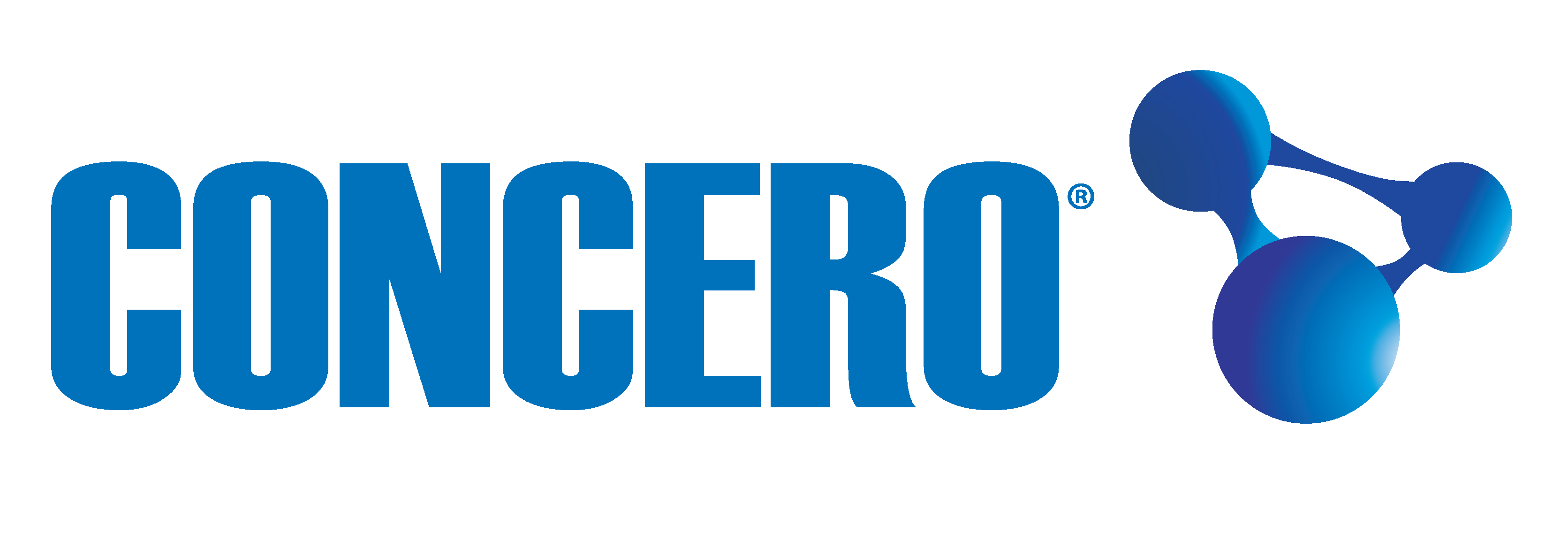What Does it Take to be a System Administrator
System administrators play a very important role in IT departments and within organizations as a whole. That’s because system administrators are in charge of developing and operating the entire computer network or system for the company, from local area networks to intranet and internet systems.
If it requires a computer or device, the system administrator is the one making it happen behind the scenes. If any problems come up, it’s the system administrator who figures out what’s going wrong. And, even if all is going well, that’s because the system administrator is maintaining, evaluating, and bettering the infrastructure all the time.
What Does it Take to be a System Administrator?
Computer science or information technology degrees are a starting point for many tech experts and that holds true for a lot of system administrators, although equivalent experience can often substitute for formal education.
For system administrators working with Microsoft products, a Microsoft Certified Systems Ad-ministrator certification can be a useful and valuable undertaking. A similar Linux certification is the Red Hat RHCT. Cisco Certified Network Associate and Cisco Certified Network Profession-al are also options for tech professionals.
Depending on the size of the organization and the scope of the system administrator’s job, they may be expected to do some coding and programming to maintain and debug the network.
What Makes Some System Administrators Better Than Others?
System administrators who are the cream of the crop are those who are comfortable working with a wide variety of people. While some tech professionals get into the field to work with ma-chines, not humans, a system administrator is the point of contact for departments outside of IT, which can require a lot of patience. A terrific system administrator understands that people will be coming to them with problems, and that users will likely not have the knowledge base IT pro-fessionals possess.
System administrators with an eye to the future are aware of how cloud computing is impacting their roles. The cloud reduces the demand for on-premise maintenance, but increases the need for operations and monitoring on-site. Virtualization, security, and other cloud-related issues are in the purview of system administrators and those who want to be the best of the best will evolve their skills as technology evolves.
System Administrator Responsibilities
System administrators handle both large scale and smaller detailed tasks that involve IT infra-structure for an organization. That includes:
• planning the system
• installing its components
• supporting users as they access the system
• troubleshooting any network or infrastructure issues
• monitoring for efficiency and errors
• performing maintenance, and installing updates and security patches
• working with other IT staff and IT vendors
• strategizing for any future upgrades or changes
• planning and implementing security protocols
• monitoring the network’s security
• and working with non-IT staff to promote secure practices
Skills Needed
As with all tech positions a system administrator will have to be technologically inclined and able to solve problems, with attention to detail and organization. A system administrator needs to know a lot about every piece of the system, but also be able to put that information into easy to understand terms for non-IT users who will be accessing the network.
System administrators have to be able to handle a fast-paced, high-pressure environment. There are a lot of moving parts to any given IT infrastructure setup. Add in the requirements of regular maintenance and updating, along with those emergency situations that call for IT help as fast as possible, and system administrators are busy people with wildly varying days. Some organiza-tions require on-call work in the event of an outage or other problem after hours, so system ad-ministrators should be prepared for that possibility depending on their employer.
System administrators need to be able to commit to confidentiality. Being in charge of the entire organizational network means having full access, with a high likelihood of coming across confi-dential information.
System administrators should constantly be updating their knowledge and staying on top of in-dustry trends and predictions. Technology evolves rapidly and as the future of IT becomes the present, it is up to the system administrator to take that information and translate it into real-world solutions that aid the whole organization on all levels.
What I have found is that while all system admin positions are different, typically employers are looking for people to have a broad knowledge of IT, but it’s also beneficial to have at least one area that is his or her strong suit.
If system administration sounds like something you would be good at and interested in, excellent! We look forward to working with you to find a tech employer that is an excellent match for your sys admin skills. Concero is dedicated to matching tech experts with the companies who need them, and we work hard to ensure a good fit for everyone.
Get in touch with me today to learn more about the demand for system administrators and how you can capitalize on this to land in the job of your dreams.
